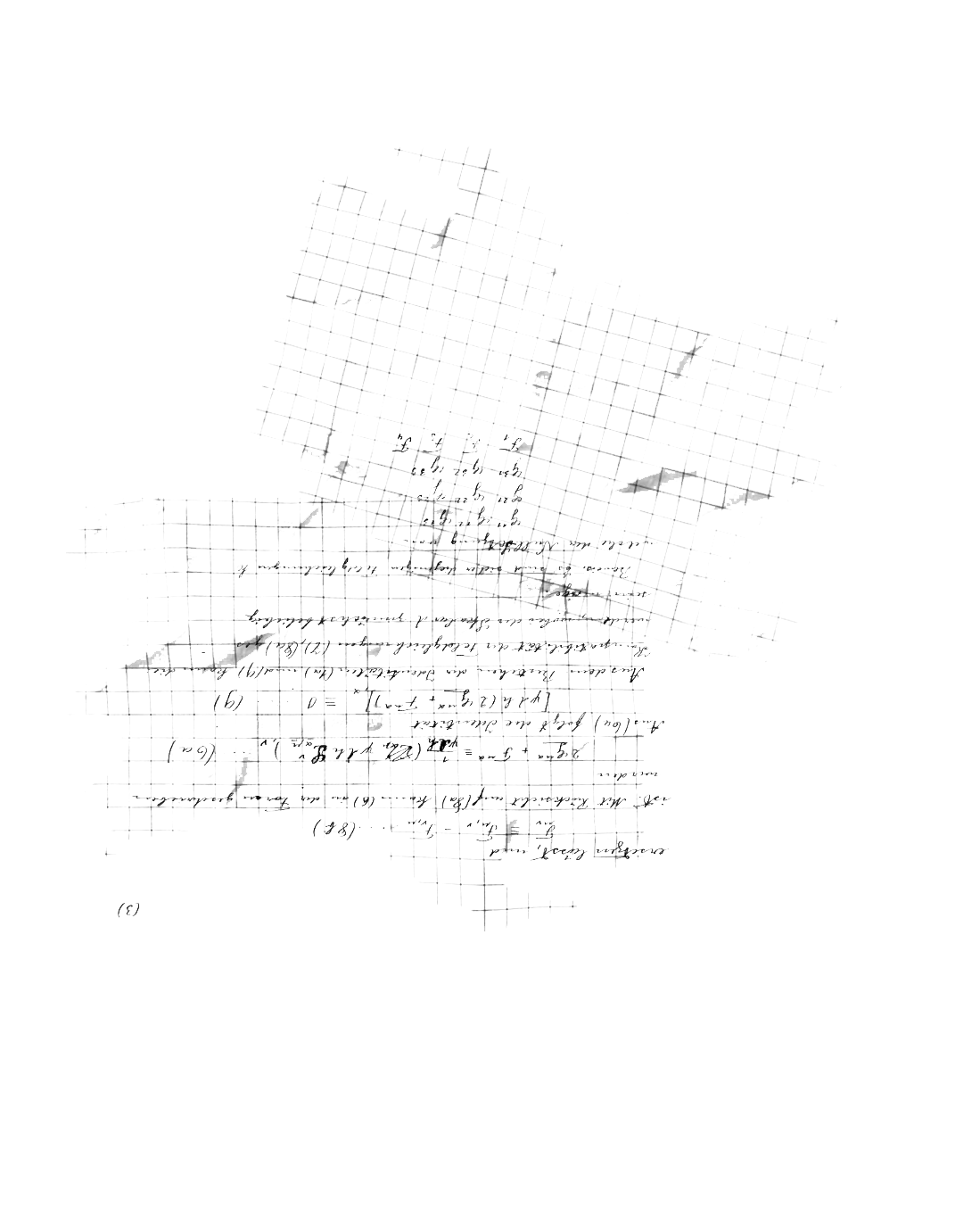The Challenge
Throughout the digital revolution, there has been a sustained conviction that technology can offer fundamentally new ways of learning, increase personalization, and greatly expand access to top quality curriculum. Yet digital learning keeps letting us down. During the early parts of the pandemic, for example, it was clear that current educational technologies have not fulfilled their potential.
Computer-aided instruction – largely designed to support the learning of right and wrong answers – does not currently leverage all that we now know about how people learn and retain information (the science of learning). As such, it does not compensate for the unique attributes of in-person education that research shows influence learning outcomes: the physical, social, and cultural contexts of learning. Rich learning experiences go beyond academics and help people learn about their identity, mindsets, decision-making and much more. These skills create independent, self-motivated learners who are prepared to continue learning in the future. These must be addressed for digital learning to achieve its full potential.





